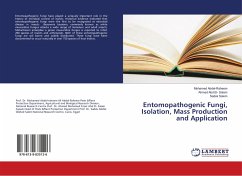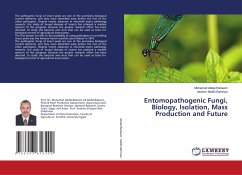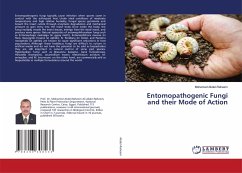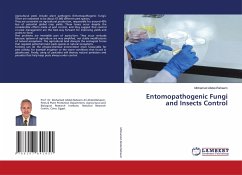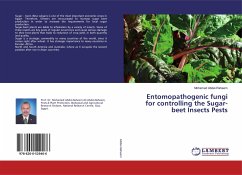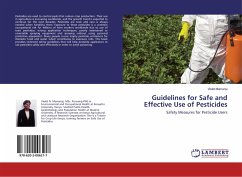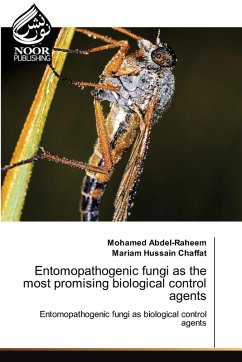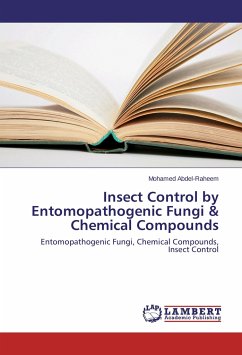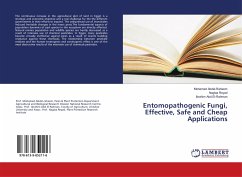
Entomopathogenic Fungi, Effective, Safe and Cheap Applications
Versandkostenfrei!
Versandfertig in 6-10 Tagen
24,99 €
inkl. MwSt.

PAYBACK Punkte
12 °P sammeln!
The continuous increase in the agricultural plot of land in Egypt is a strategic and economic objective and a real challenge for the the different governments in their efforts to expand. The widsprewad use of insecticides induced heritable changes in the insect pests.The fundamental aspects of population dynamics of pest species in the ecosystem are directly affected. Natural enimes population and wildlife species are hardly decreased as a result of intensive use of chemical pesticides. In Egypt, many pesticides became virtually ineffective against pests as a result of insects building resista...
The continuous increase in the agricultural plot of land in Egypt is a strategic and economic objective and a real challenge for the the different governments in their efforts to expand. The widsprewad use of insecticides induced heritable changes in the insect pests.The fundamental aspects of population dynamics of pest species in the ecosystem are directly affected. Natural enimes population and wildlife species are hardly decreased as a result of intensive use of chemical pesticides. In Egypt, many pesticides became virtually ineffective against pests as a result of insects building resistance against these chemicals. The relationship between pesticide residues and the human teratogenic and carcinogenic effect is one of the most destructive results of the extensive use of chemicals pesticides.



